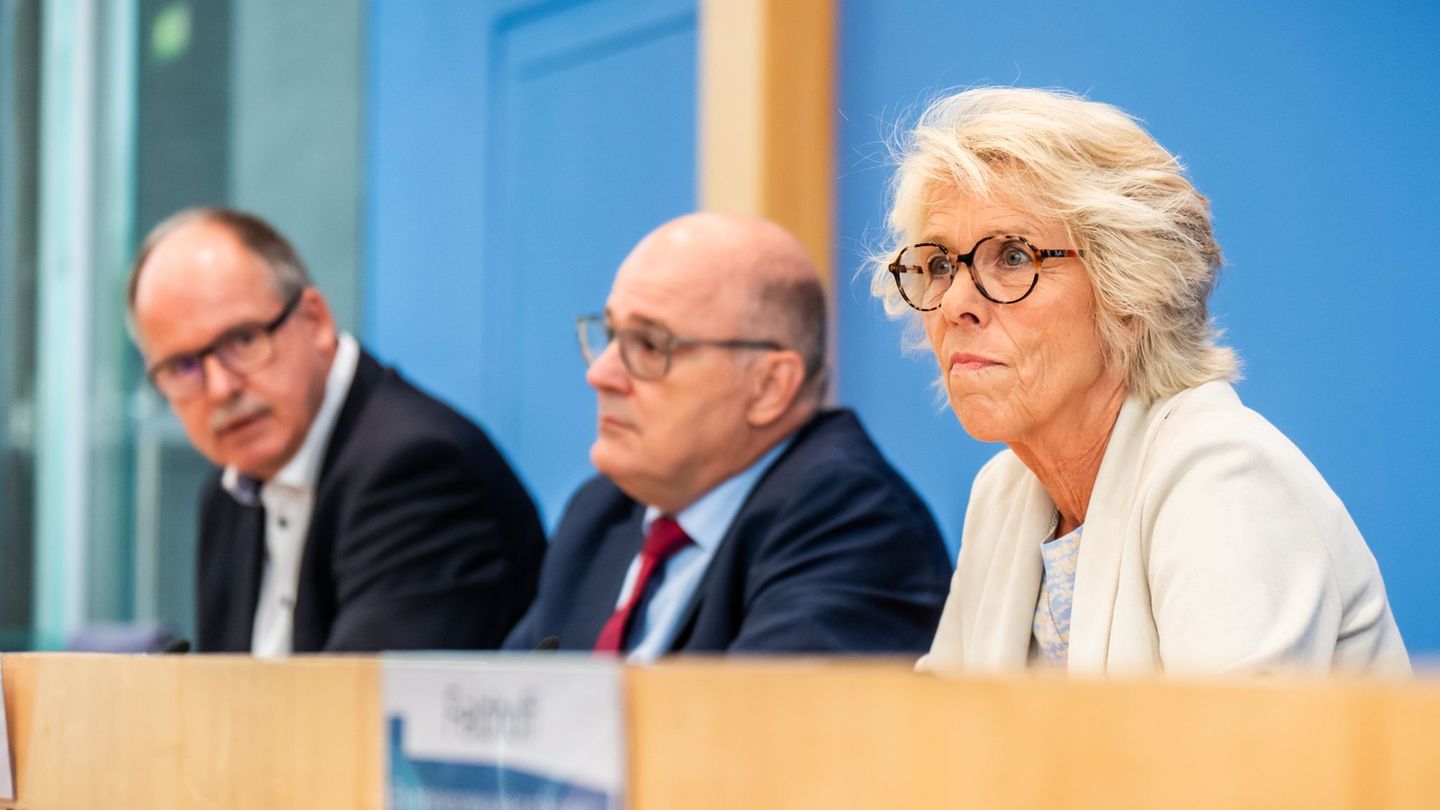Menu
Income: Why the minimum wage remains 40 cents below 15 euros
Categories
Most Read
This is the bank that pays more interest this Wednesday, October 8
October 8, 2025
No Comments
Interest rates are stabilized and you win if you invest $ 1,000,000 to 30 days
October 8, 2025
No Comments
Automotive industry: Söder and Lies work together to soften the ban on combustion engines
October 8, 2025
No Comments
German economy: mini-growth in 2025, hope for 2026
October 8, 2025
No Comments
A veggie schnitzel ban is a bad joke
October 8, 2025
No Comments
Latest Posts

Cristiano Ronaldo spoke for the first time about the possibility of retiring
October 8, 2025
No Comments
October 8, 2025 – 14:54 The Portuguese star stated that he does not see his retirement from professional football far away, but that for now

Fernando Maza: to rediscover a silent artist
October 8, 2025
No Comments
The artist Fernando Maza He was born in Buenos Aires in 1936, and although he settled abroad at the age of 22, he never left

Sweden on prescription? Country launches strange tourism campaign
October 8, 2025
No Comments
CarolineI’m Caroline, a journalist and author for 24 Hours Worlds. I specialize in health-related news and stories, bringing real-world impact to readers across the globe.
24 Hours Worlds is a comprehensive source of instant world current affairs, offering up-to-the-minute coverage of breaking news and events from around the globe. With a team of experienced journalists and experts on hand 24/7.

